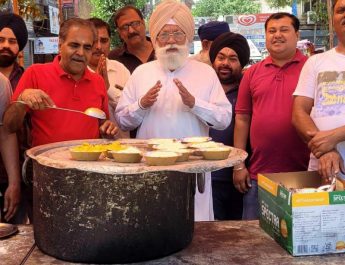The Department of Science and Technology (DST) in a notice sent on Monday to the secretaries of other science departments that it has barred the ISCA from incurring any expenditure from the government exchequer without the Centre’s approval.
“It has been also decided that the DST support from its resources for the forthcoming ISC events in 2024 will be discontinued,” says the DST note.
The ISCA, a scientific society set up in 1914, organises its annual session of the scientific meetings in different host academic institutions every year from January 3 to 8, always inaugurated by the Prime Minister since Independence.
Its office-bearers and others in the science community see the DST’s denial of support as fresh evidence of the erosion of the autonomy of scientific institutions.
“Never in its 109-year history has ISCA required to take the government permission to select a venue for its annual session,” says Prof. Ranjit Kumar Verma, ISCA general secretary. He said it has been always the prerogative of the ISCA president to rely on a committee’s recommendations.
The decision to pickup Lovely Professional University in Jalandhaar was the result of such an exercise. Initially, the ISCA had picked up the University of Lucknow for the 2024 session, but it had to select an alternate when this university withdrews.
Verma said there were three or four universities in a waiting list for the alternatives and the LPU was selected because it has superior infrastructure. The DST was supposed to provide funds to the host university.
ISCA executive council also challenged DST claim that ISCA annual event “has already lost its relevance in the scientific community and lacks a professional approch on the conduct of the event on many fronts.”
The council members said: “Thousands of scientists, teachers, students including school students attend the meeting every year and it is misleading to claim that it has lost scientific relevance.”
The DST and other scientific departments had between 2015 and 2021 supported a parallel conference called the India International Science Festival in collaboration with Vijnana Bharati, a non-govt body of scientists that once listed among its objectives the promotion of “swadeshi sciences.”
###





